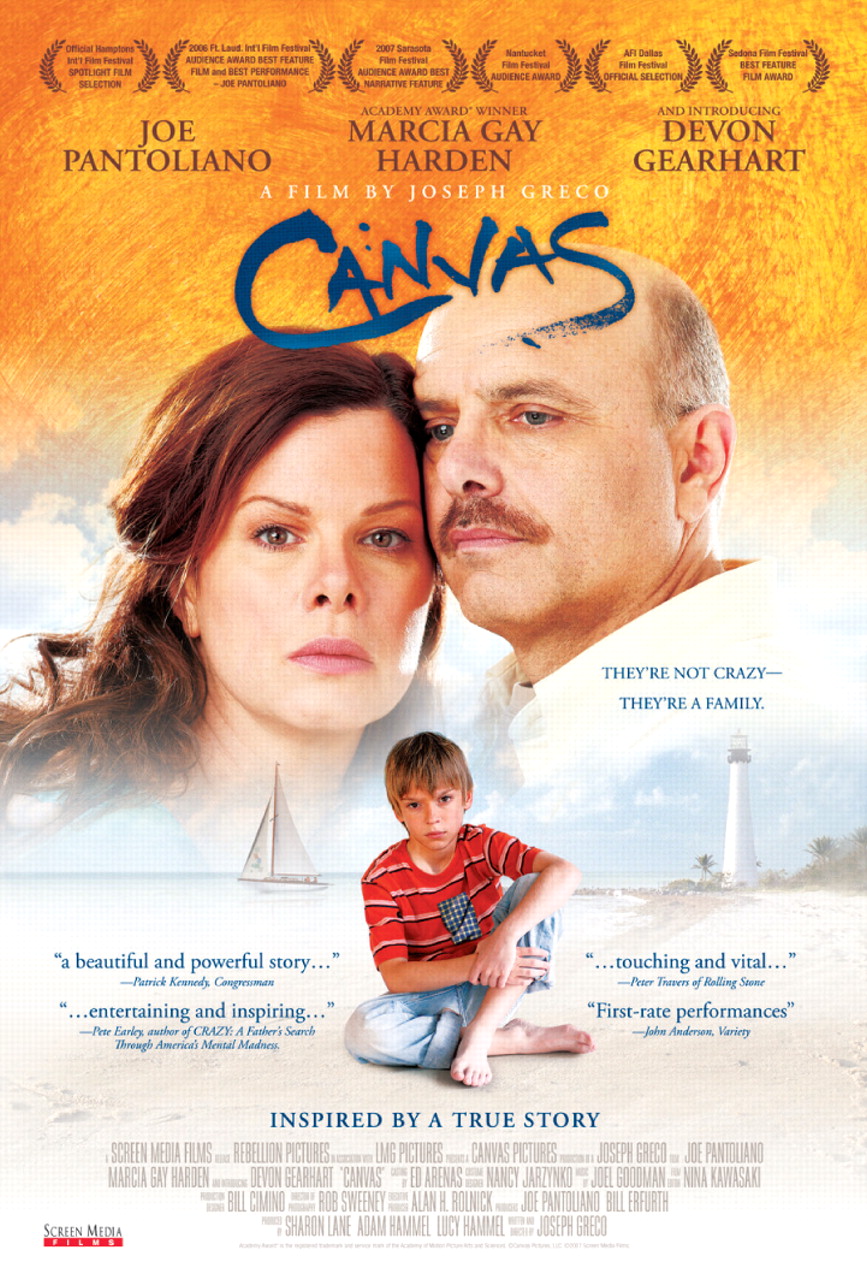Samuel Johnson once said that the drama's laws are determined by the drama's patrons. In other words, what is depicted on stage largely reflects the historical and sociocultural zeitgeist.
The same is true of the cinema. Hence, in the darkened realm of the movie house, the stigmas, prejudices, fantasies, and beliefs of the audience make their way onto the great silver screen.
In this regard, as one might expect, mental illness in general and schizophrenia in particular have not fared well in the American cinema. The movie-going audience for years was convinced that the term schizophrenia meant“ split personality.” Films like the 2000 Me, Myself & Irene starring Jim Carrey, in one of his most egregious roles, perpetuate this stereotype. Other films have portrayed persons with schizophrenia as homicidal maniacs or as hapless figures staring blankly at a wall in a primitive version of a mental hospital.
Even when the depiction of schizophrenia is reasonably accurate, as in Ron Howard's 2001 film A Beautiful Mind, some poetic license is taken. The cinematic conceit used by Howard was to make John Nash's hallucinations more visual than auditory so that the delusional world within his mind could be externalized for all to see.
In this historical context, it was refreshing to see Joe Greco's new film,“ Canvas,” screened at APA's annual meeting last May in San Diego (see
Picture Touches Critics). Opening throughout the country this month, the film represents what is probably the most compelling depiction of schizophrenia's grip on families in the pantheon of American film.
The film revolves around Mary Marino (Marcia Gay Harden), who portrays the illness of schizophrenia with riveting believability. Haunted by visions and delusions she cannot understand, she is nevertheless a loving mother and wife, who is humanized without pulling any punches about the seriousness of the disease. Joe Pantoliano of Sopranos fame is cast against type in the role of Mary's supportive husband, John, who wants to do everything he can to hold his family together but is baffled by the nature of the illness. Newcomer Devon Gearhart plays the couple's 10-year-old son, Chris.
The origin of the film's highly personal quality revealed itself in interviews with the director and cast members. Greco told me that he had grown up with a mother who had schizophrenia and was told in film school to“ write what you know.” The film is fictional, but it was inspired by his own life. Indeed, to a large extent the film unfolds through Chris's eyes. Greco had a mission in making this film: “I want people to know that mental illness is not a death sentence. There's hope.”
Pantoliano told me that he too had grown up in a household with a severely ill mother, who he thinks probably was bipolar. The film changed his perspective on his own mother. He told me, “It wasn't that she was willful; it was that she was suffering from mental illness. She couldn't help herself.” Pantoliano also had a specific purpose for accepting the role. He said he was tired of people coming up to him on the street and calling him“ Ralphie,” his character on The Sopranos. He said he wanted to undo the stereotyping by making the film. “I'm not Ralphie. I'm not a psychopath. I'm a happily married man who cares about other people.”
Greco's childhood experiences lend a bracing reality to many of the scenes in Canvas. In one sequence that masterfully reflects one of the common paradoxes in trying to gain reimbursement for mental illness treatment, John is on the phone with an insurance company, insisting that mental illness is like physical illness and should receive the same reimbursement. While he is arguing with the third-party payer, Mary is in the same room insisting that, in fact, she has no illness, she is not crazy, and doesn't need treatment.
If one translates schizophrenia from its Greek etymological origins, it can mean “broken heart.” Indeed, there is a mournful, elegiac tone to much of the film in showing how father and son grieve the loss of the woman they knew and desperately cling to the idea that she will return to her previous state.
Chris tries to grasp what is going on and identifies with his mother as a way of keeping her alive inside him when she is in the hospital. He begins to use her sewing machine to patch up shirts, and the metaphor of repairing a hole or patching a deficit is not lost on the audience. He even dreams that he is hearing voices like his mother does. Both father and son wonder if they too are “crazy.” In fact, the film suggests that schizophrenia simply represents an extreme form of something that haunts all of us.
While the film is heartbreaking, it leaves the audience with a sense that schizophrenia is something that can be endured, managed, and assimilated by a family intent on surviving it. Families of persons with schizophrenia, as well as mental health professionals, will find resonances in this film that will stay with them long after they leave the theater. ▪


